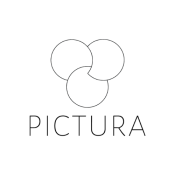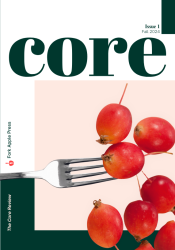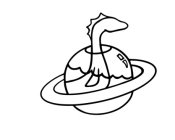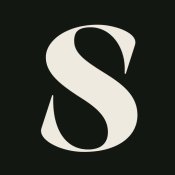
Metachrosis Literary
Metachrosis literary magazine is an online publication that strives to be the place where the foundations of the world are explored and celebrated. Created as part of the Art, Science, and Visual Thinking MFA at Dundee University, this... Read more











